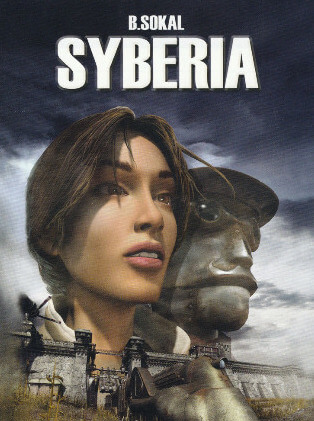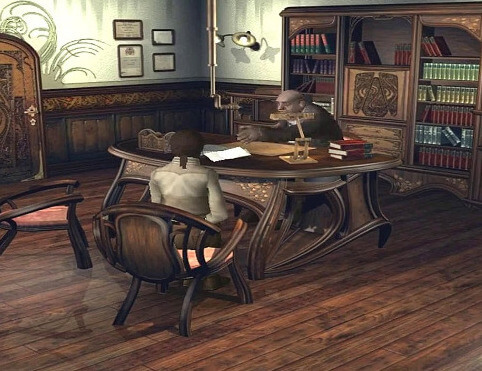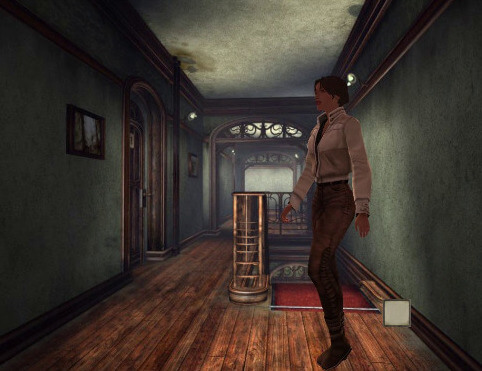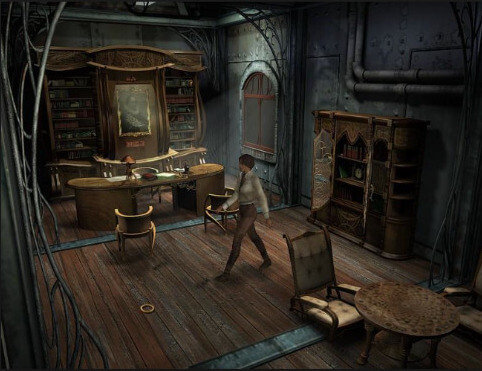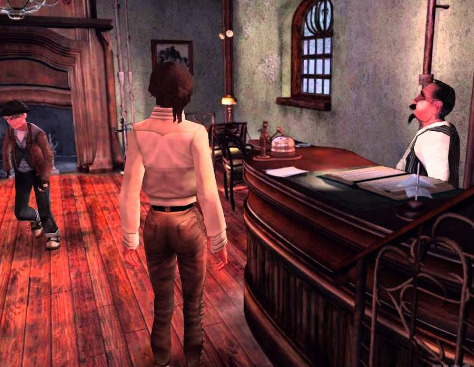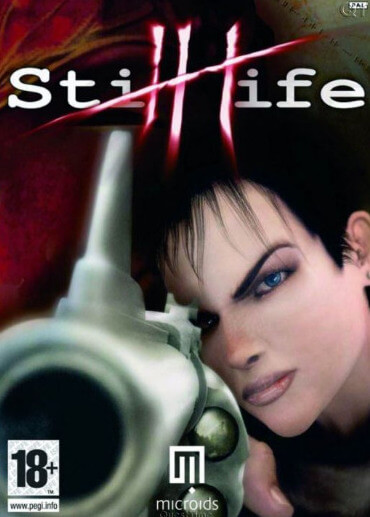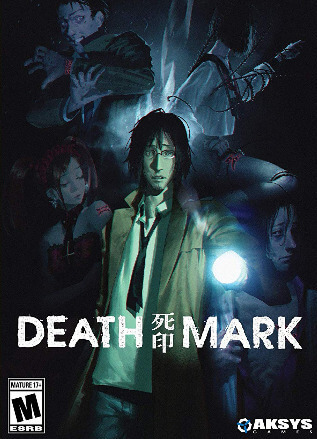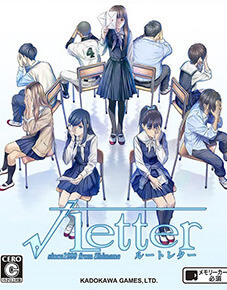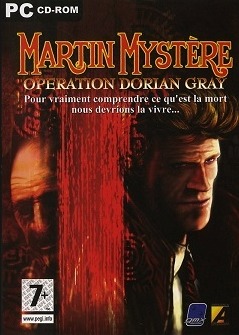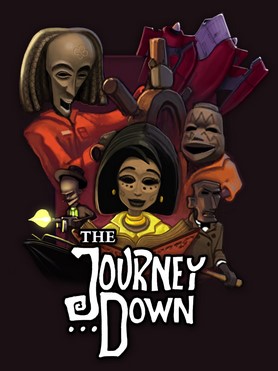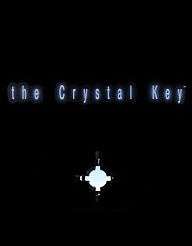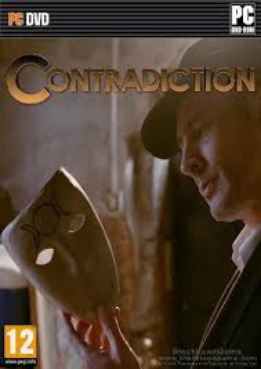The game begins when American lawyer Kate Walker is sent by her law firm to the fictional French village of Valadilène to oversee the corporate takeover of a family-owned spring-automaton toy factory. When Kate arrives, she finds that the recently deceased owner, Anna Vorarlberg, had informed the village notary before her death that her brother Hans is alive, despite her father claiming he was dead and buried. Realising that Hans is now the owner of the factory, Kate learns she must get his approval in order to allow the takeover to proceed. Investigating the Vorarlberg estate, she learns that Hans not only exists, but was also injured in a cave outside the village during his youth, while attempting to retrieve a prehistoric doll of a man riding a mammoth. The resulting accident stunted his development, leaving him mentally handicapped and causing him to develop an obsession to finds mammoths to ride as the doll depicts. Despite proving extremely creative with making automatons, his father disapproved of his obsession, and disowned him as a direct result.
Learning that Hans lies somewhere further east across the continent, Kate discovers that the only way to reach him is via a specially designed clockwork locomotive, built by Anna at her brother's request, and manning it with special animatronic man named Oscar. Before leaving, Kate is tasked with retrieving items important to Hans, that Oscar requires before he can allow them to depart - the mammoth doll and a clockwork music box. Acquiring both, the pair eventually begin their journey eastwards, stopping at Barrockstadt, a failing university. While Kate seeks a means for them to continue, she explores the establishment and soon learns more about Han's interests in a mysterious tribe of people known as the Youkol, who lived with and domesticated mammoths that reside on the titular island of Syberia (inspired by the real-life location of Wrangel Island in Siberia, the last place on earth where mammoths survived).
Upon moving on, Kate's journey brings her to Komkolzgrad, a dusty Communist-era industrial mining complex run by the eccentric and somewhat crazy Serguei Borodine. Finding that he stole Oscar's hands for his automaton organist work, she agrees to help him bring Helena Romanski, a washed-up opera singer who he is obsessed with, back to the complex to sing for him in order to get back the hands. Helping out a drunk test pilot named Boris to fix one of Hans inventions - a clockwork flying machine - Kate gains his assistance in operating an airship that takes her to the Aralbad spa, only to discover that Helena has become disillusioned in believing she is too old to sing, prompting Kate to help her recover.
Returning to the mining complex with Kate, Helena performs for Borodine, only to be imprisoned by him in his desire to keep her at his side as his personal opera singer. Refusing to allow this to happen, Kate rescues Helena, recovers Oscar's hands, and attempts to leave with both via the train. Although Borodine attempts to stop them, Kate makes use of some dynamite to thwart his efforts, killing him in the process, and allowing the train to continue onwards, reaching Aralbad. Upon arriving, Kate finds Hans waiting at the spa, delighted that she has brought him the train and Oscar. Showing little concern for his sister's death, Hans signs the factory release papers without reading them. Before Kate boards a plane that will bring her back to New York, she quickly changes her mind and rushes to rejoin Hans on the train, offering to help him realise his dream, abandoning her job and her unfaithful fiancé back home.
Reception
Sales
Syberia was a commercial success. According to Cedric Orvoine of Microïds, the game surpassed 225,000 units in sales by February 2003, and had achieved nearly 350,000 global sales across its console and computer versions by September. In France, the Agence française pour le jeu vidéo reported that Syberia's computer release had sold 50,000 units by September 2003, before the launch of its console versions. Microïds announced plans that month to ship 50,000 and 20,000 units, respectively, of the PlayStation and Xbox versions in France. In North America, its computer version sold 60,158 retail copies during 2003 alone, and Orvoine noted in early 2004 that its Xbox version was "selling way over our initial expectations" in the region. Michel Bams of Benoît Sokal's White Birds Productions said that Syberia had reached "nearly 500,000 copies" in global sales that February, a number it surpassed by late 2005, according to Ubisoft. However, Jane Jensen noted in 2004 that the game had "not been very profitable" for The Adventure Company, which, among other factors, led to the cancellation of her project Gray Matter. Bill Tiller reported Syberia's sales in the United States as 161,000 units by 2006.
Worldwide sales of the overall Syberia series had topped 1 million units by 2008, and rose to 3 million by 2016, before the release of Syberia 3.
Critical reviews
According to The New York Times, Syberia "received euphoric reviews" from critics. Based on 26 reviews, review aggregation site Metacritic estimated the game's critical reception as "generally favorable".
USA Today called the game "a solid pick", and CNN noted that "Syberia brings back adventure genre impressive graphics." Just Adventure called it the "Best Adventure Game at E3". However, it received a negative review from Charles Herold of The New York Times, who wrote that his "faith in adventure games is hanging by a thread, because I have been playing Microid's Syberia, the best adventure game of the year, and it's not very good.
